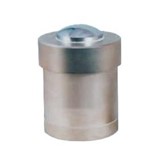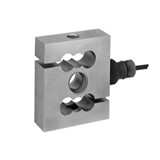The paper draws together key data to highlight that in Australia the key causes of slow wages growth are: weak productivity growth, spare labour capacity and weak inflation. Other alleged causes of slow wages growth (such as low levels of union membership, the extent of casual employment, Australia's bargaining laws and migration) are not significant drivers of wages growth. Real wages are best strengthened through improved productivity, the paper highlights" said Australian Industry Group Chief Executive, Innes Willox.
"The ACTU's argument that it is in the community's interests for the unions to be given more power to force employers to capitulate on union wage claims, conflicts with the economic data and is patently wrong. The economic data also demonstrates that the ACTU's claim in this year's Annual Wage Review for a $50 per week (or 7.2%) minimum wage increase would inflict significant harm on the economy. It would do nothing to boost productivity and would lead to even more spare labour capacity due to the widespread job losses that would result.
"On May 16, Ai Group will appear before the Expert Panel of the Fair Work Commission, in the final consultations for this year's Annual Wage Review to argue in support of a modest 1.8% wage increase. This equates to an increase of about $12.50 per week in the National Minimum Wage and about $14.60 per week at the base trade level. The Panel is likely to hand down its decision in early June, with the minimum wage increase operative from 1 July 2018," Willox said.
Want to comment on this topic? Click 'Have Your Say' and add your thoughts.














